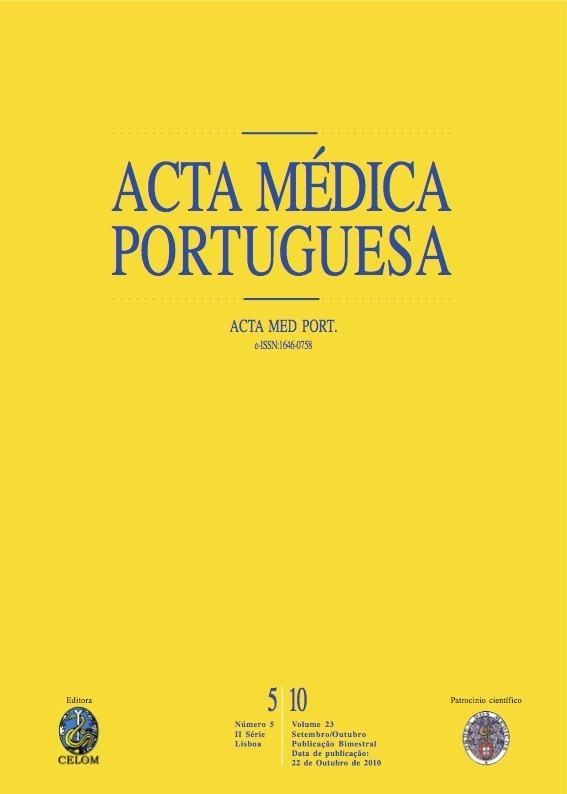Risks of cyclosporine therapy in paediatric age.
DOI:
https://doi.org/10.20344/amp.708Abstract
Cyclosporine has been found to be effective and safe in many inflammatory skin disorders such as psoriasis and atopic dermatitis (AD), in adults and in children. Its use in paediatrics is still under scope. We present three patients who started cyclosporine but stopped due to complications. It is our aim to warn about potential side effects of cyclosporine and recommend cautious utilization.Two children, aged 4 and 13 years, with AD and one child, aged 2 years, with erythrodermic psoriasis, were treated with oral cyclosporine.developed secondary impetigo on the 6th day of treatment. Started topical corticosteroids and topical calcineurin inhibitors afterwards, with no relapses. SECOND CASE: developed herpetic infection, hepatic and renal impairment (eventual drug interaction) on the 4th day of treatment. THIRD CASE: Psoriasis and impetigo, treated with flucloxacillin, gentamicin. Generalized angioedema and urticariform lesions after 6 days of cyclosporine. Beta lactam hypersensitivity reaction under study. Eventual cyclosporine toxicity to consider.The data on cyclosporine use in children is still scarce. Use should be limited to cases with precise indication, after considering risks and benefits.Downloads
Downloads
How to Cite
Issue
Section
License
All the articles published in the AMP are open access and comply with the requirements of funding agencies or academic institutions. The AMP is governed by the terms of the Creative Commons ‘Attribution – Non-Commercial Use - (CC-BY-NC)’ license, regarding the use by third parties.
It is the author’s responsibility to obtain approval for the reproduction of figures, tables, etc. from other publications.
Upon acceptance of an article for publication, the authors will be asked to complete the ICMJE “Copyright Liability and Copyright Sharing Statement “(http://www.actamedicaportuguesa.com/info/AMP-NormasPublicacao.pdf) and the “Declaration of Potential Conflicts of Interest” (http:// www.icmje.org/conflicts-of-interest). An e-mail will be sent to the corresponding author to acknowledge receipt of the manuscript.
After publication, the authors are authorised to make their articles available in repositories of their institutions of origin, as long as they always mention where they were published and according to the Creative Commons license.









